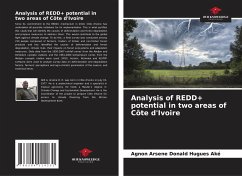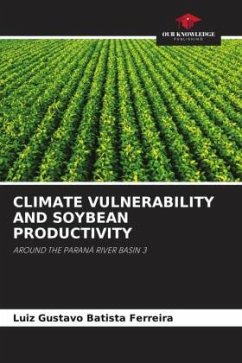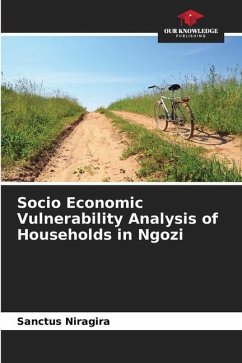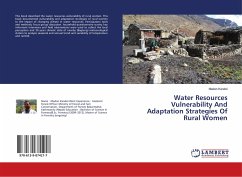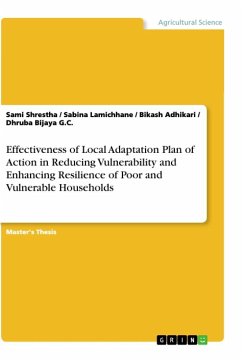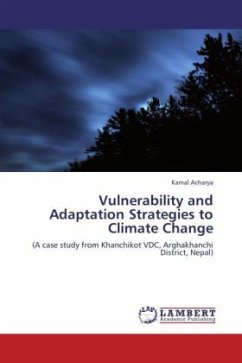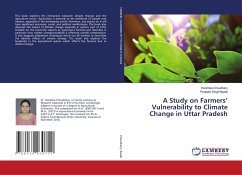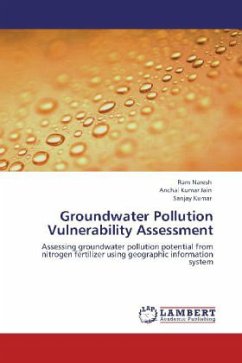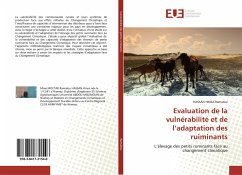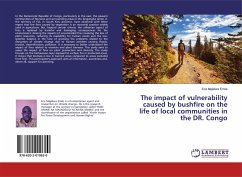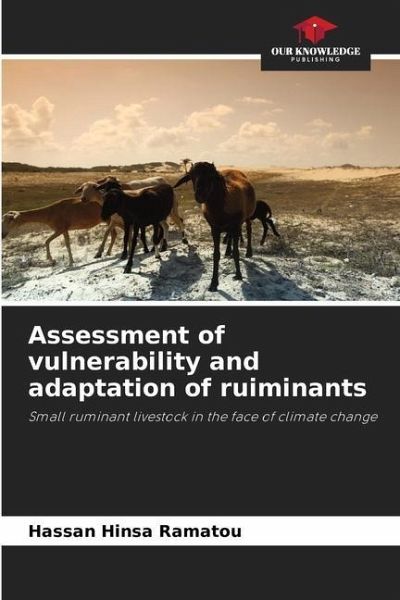
Assessment of vulnerability and adaptation of ruiminants
Small ruminant livestock in the face of climate change
Versandkostenfrei!
Versandfertig in 6-10 Tagen
43,99 €
inkl. MwSt.

PAYBACK Punkte
22 °P sammeln!
The vulnerability of rural communities and their production systems to the adverse effects of climate change and the insufficient capacity of decision-makers to respond to it are major constraints for developing countries. Niger is no exception to this reality, hence the initiative of a study on the vulnerability and adaptation of small ruminant livestock to climate change. The overall objective of the study is to assess the vulnerability and adaptive capacities of small ruminant livestock farmers to climate change. To achieve this objective, the methodological approach of climate risk matrice...
The vulnerability of rural communities and their production systems to the adverse effects of climate change and the insufficient capacity of decision-makers to respond to it are major constraints for developing countries. Niger is no exception to this reality, hence the initiative of a study on the vulnerability and adaptation of small ruminant livestock to climate change. The overall objective of the study is to assess the vulnerability and adaptive capacities of small ruminant livestock farmers to climate change. To achieve this objective, the methodological approach of climate risk matrices, developed by the World Bank, was chosen. This approach is based on two concepts, namely impacts and adaptation strategies in the face of climate change.



